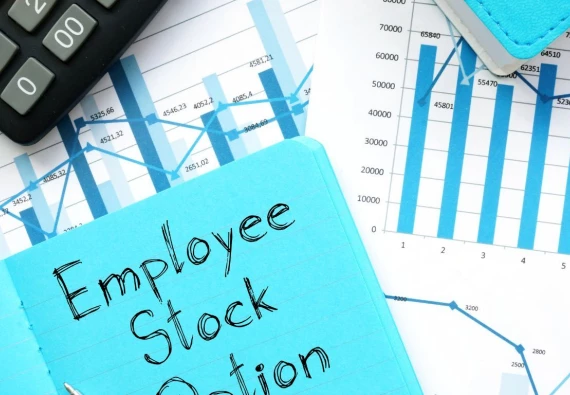Limited liability is a primary benefit of forming a business entity, like a corporation or LLC. With limited liability, the owners and managers of the business entity are generally shielded from personal liability for the debts and other activities of the business. So even if the business can’t pay its debts, the creditors can’t come after the personal assets of the owners.
But limited liability should not be confused for blanket immunity. There are still circumstances in which the owner of a business or its managers may be exposed to personal liability in connection with their business. A handful of the most common circumstances are as follows.
Personal Guarantees
If your new business is leasing a commercial space or if it’s taking out a bank loan to fund initial operations, you can expect the landlord and the bank require the owners to personally guarantee the payment obligations of the company. If the owners do make personal guarantees, then they can be held personally liable for the debts and obligations of the business if the business can’t meet these obligations. The limited liability shield does not protect the owners because they have affirmatively entered into a separate contractual agreement in their personal capacities.
Pre-Formation Contracts
This is similar to the personal guarantee scenario in that it involves directly contracting with creditors. Prior to a business being formed, sometimes the to-be owners will contract directly on behalf of the company they expect to be formed in short order. The problem is that sometimes the company isn’t ultimately formed or, if it is, the company never assumes responsibility for the contract—whether due to an oversight or because the other owners decide against it. No matter the reason, this leaves the person who signed the contract in a personal capacity exposed to personal liability for the contractual obligations.
Improper Distributions
State statutes restrict a company’s ability to distribute money to its owners where the company has insufficient funds to pay its creditors. These rules are designed to prevent companies from paying insiders before creditors. If an owner receives a distribution and, at the time, knew that the company didn’t have enough money to pay its creditors, then the owner may be personally liable for returning the amount of money distributed.
Piercing The Corporate Veil
In certain situations, creditors will try to “pierce the corporate veil” in order to get access to personal assets of the shareholders. While unusual, courts will permit veil piercing in certain circumstances where the evidence shows that the company is really just an alter ego for the shareholders and is being misused. Examples include comingling personal and business assets and undercapitalizing the company.
Directors And Officers
The directors and officers of a business also face personal liability exposure and, in closely held businesses, often some or all of the directors and officers are shareholders. There are a number of ways that directors and officers can face personal exposure, which is a good reason for companies to purchase D&O insurance. Failing to carry D&O insurance tends to significantly limit the pool of candidates interested in serving as a director or an officer.
A handful of examples of situations in which directors and officers could face personal exposure include:
- Liability to shareholders for violating fiduciary duties of care and loyalty
- Liability under securities laws for insider trading
- Liability to employees for unlawfully withheld wages
- Liability for approving distributions/dividends to owners when the company is insolvent
- Liability under antitrust laws for price-fixing
Takeaways
Limited liability is a valuable risk management tool for entrepreneurs, but it is not a cure all. The savvy entrepreneur will recognize it for the benefits it offers, but will not rely on it exclusively to hedge against risk.






